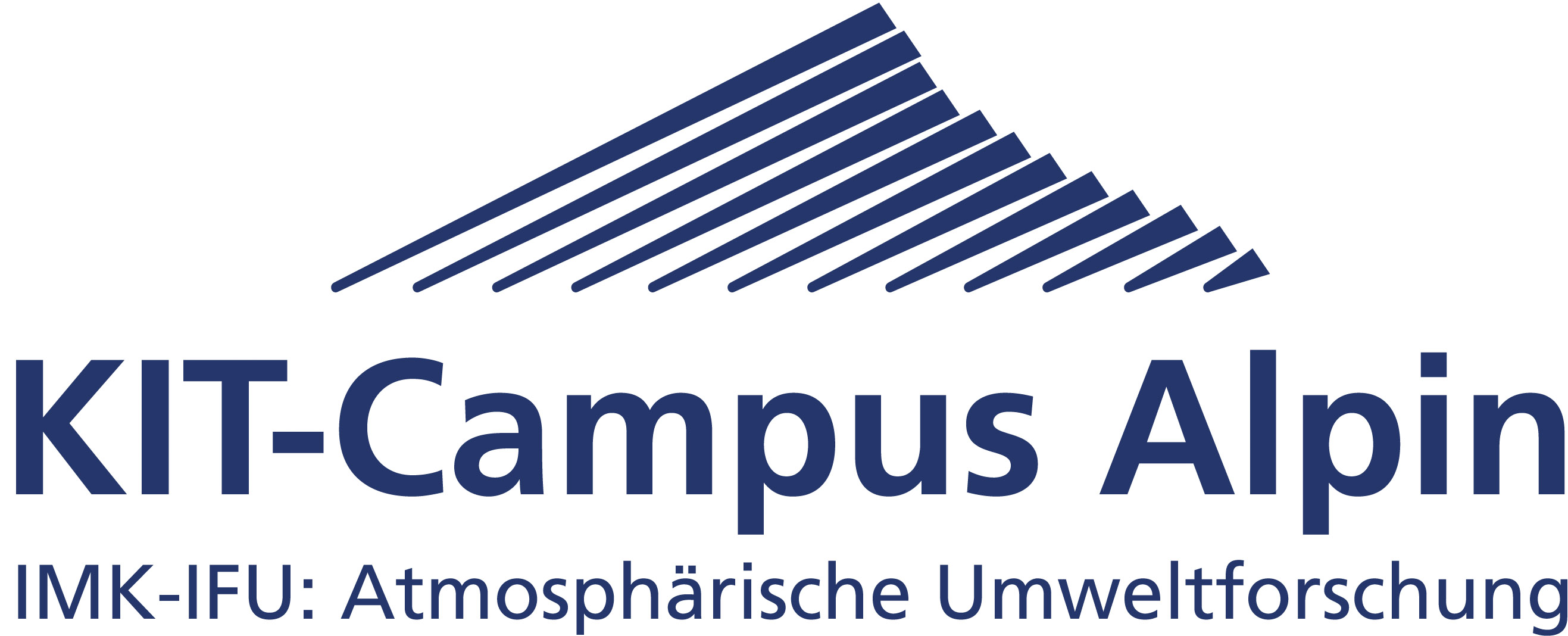Urban and Eco-Climatology
The working group "Urban and Eco-Climatology" focusses on spatial and temporal scale interactions between natural and man-made ecosystems and the atmosphere: measurement of energy, water and GHG exchange between biosphere and atmosphere, development of methods for analysing micro-meteorological measurements, turbulence-resolving modelling of exchange processes in the atmospheric boundary layer, urban climate, impact of flash floods on urban communities, and meteorological basics of wind energy conversion.

Key element of the project "Cities in the Climate System - a holistic approach" is collecting ideas from KIT researchers and colleagues from further German research institutions (Helmholtz Centres and universities). A workshop dedicated to this aim took place digitally on October 26 and 27 and was attended by about 35 scientists. Main idea was to better link urban research items within KIT and to identify and enhance connections to external competences.
The workshop made clear that urban research has to be directed along societal needs. Six topics for future research were identified: defossilization, climate protection, resilience, health, governance, and acceptance.
First joint research ideas were sketched shortly after the workshop and are presently under preparation. Urban research will become a major research topic in the spectrum of research fields of the KIT centre on Climate and Environment and of KIT as a whole.
More details can be found at: https://www.imk-ifu.kit.edu/english/urbanresearch.php
The project "Cities in the Climate System - a holistic approach" was funded in 2020 and 2021 in the framework of the KIT excellency initiative in order to strengthen interdisiplinary dialog and transfer platforms between the topical KIT centres.
_rdax_1024x768_98.jpg)
Urban climate projects
UC² Phase 2 Creating and validating the national numerical urban climate model PALM-4U (air chemistry and application in complex terrain). Funding: BMBF. Responsible scientists: Basit Khan, Renate Forkel, and Christopher Holst (project term 2019-2022). This projects continues work from phase 1 (2016-2019). In Phase 1 first chemistry mechanisms were integrated into PALM-4U and validation data have been captured in the orographically complex city of Stuttgart.
Regional climate/extreme events projects
KARE Definition of regional climate information which is required by local authorities to cope with extreme weather events. IMK-IFU of KIT cooperates with communities in Upper Bavaria south of Munich in order to prepare for future flash floods from extreme thunderstorms and long-lasting rain episodes. Funding: BMBF. Responsible scientists: Gamze Koç and Stefan Emeis. (project term 2020-2023)
Wind energy projects
WINSENT Meteorological data and model simuations with WRF-LES for establishing a test site for wind turbines in complex terrain. Funding: BMWi. Responsible scientist: Stefan Emeis. (project term 2016-2021)
X-WAKES Numerical simulations with WRF assessing the impact of coast lines on the approaching flow on offshore wind farms in the German Bight and the relevance of this inhomogeneity of the formation, the length, and the interaction of wind farm wakes. Funding: BMWi. X-Wakes is a follow-up project to WIPAFF summarized in an Open Access publication. Responsible scientist: Mares Barekzai. (project term 2019-2022)
This working group resulted from a merger of the groups of Matthias Mauder and Stefan Emeis on October 1, 2021.

